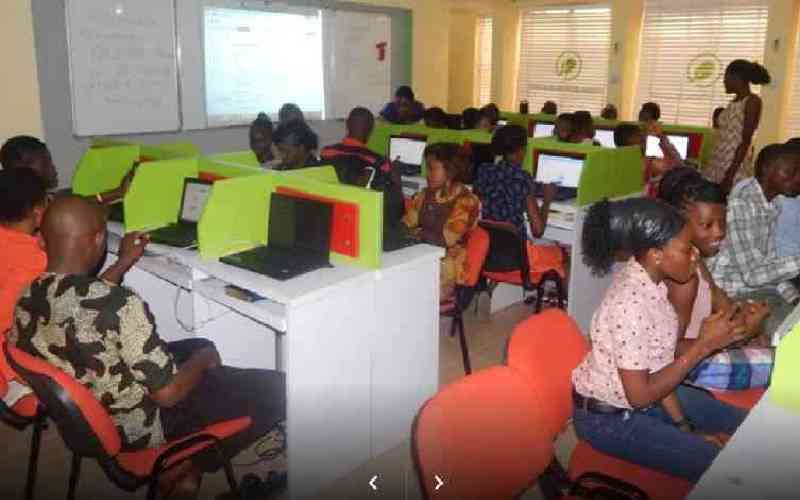×
The Standard e-Paper
Join Thousands Daily

A digital rights firm has called on stakeholders to take a collective action in safeguarding digital rights, promoting responsible practices, and preserving internet freedom.
Paradigm Initiative (PIN) in a monitoring report highlighting the state of digital rights and inclusion in 24 African countries, encourages interdisciplinary collaboration between fields to tackle complex digital rights and Internet freedom issues.